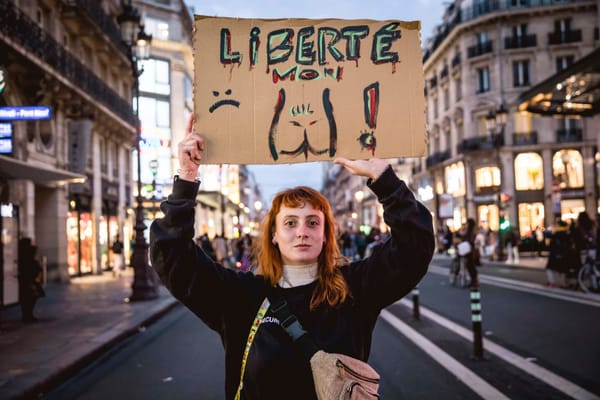Universalist revolutions—the kind founded upon “the rights of man” or the “workers of the world” or “my body, my choice”—struggle with limits. The conflict arises from both ambition and fear. By what logic or principle can a revolution defined by boundless goals accept boundaries? Will the revolution be consumed by counter-revolutionaries if it resigns itself to allowing its opponents to persist? Joseph Stalin and Leon Trotsky debated as much in the 1920s and ’30s. While Stalin eventually accommodated himself to “socialism in one country,” Trotsky insisted on “permanent revolution” as both the truth of international socialism and the precondition for the survival of the USSR as a revolutionary workers’ state in a hostile capitalist world.
“The Sexual Revolution has chosen Trotsky over Stalin.”
Thanks to Stalin’s purges and the assassination of Trotsky, the Bolshevik Revolution reconciled itself (if only temporarily) to limits. But not all revolutions make the same settlement. The Sexual Revolution has chosen Trotsky over Stalin. Increasingly fearful of opposition anywhere, its partisans have embraced the Trotskyist conviction that the revolution must succeed everywhere if it is not to be ultimately betrayed and overturned. Forgoing sexual liberty in one country, its advocates are committed to a Permanent Sexual Revolution.
